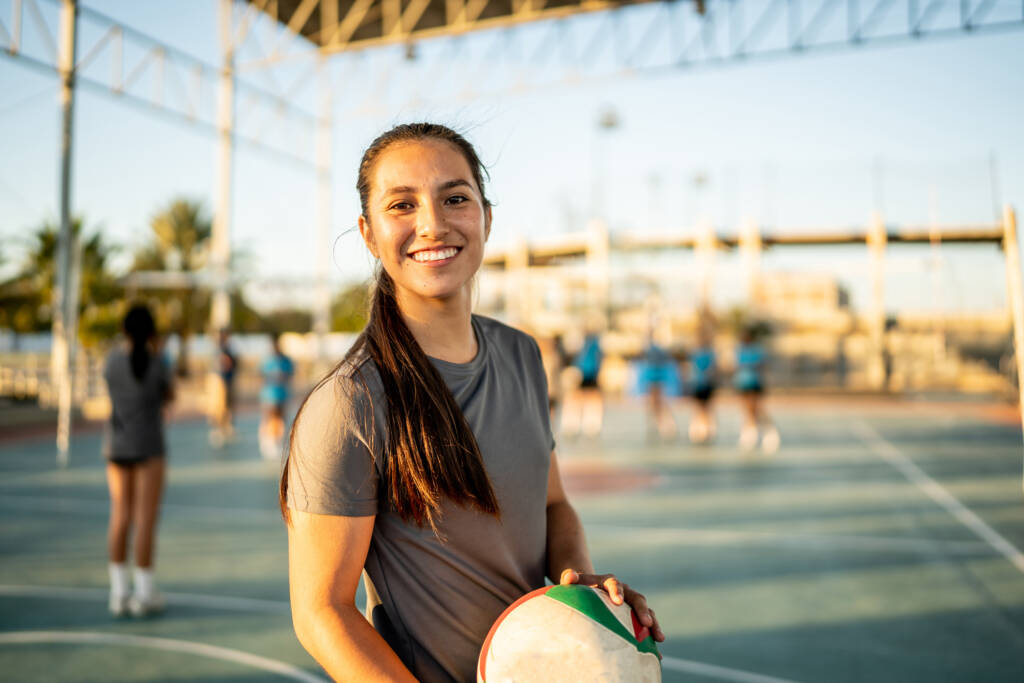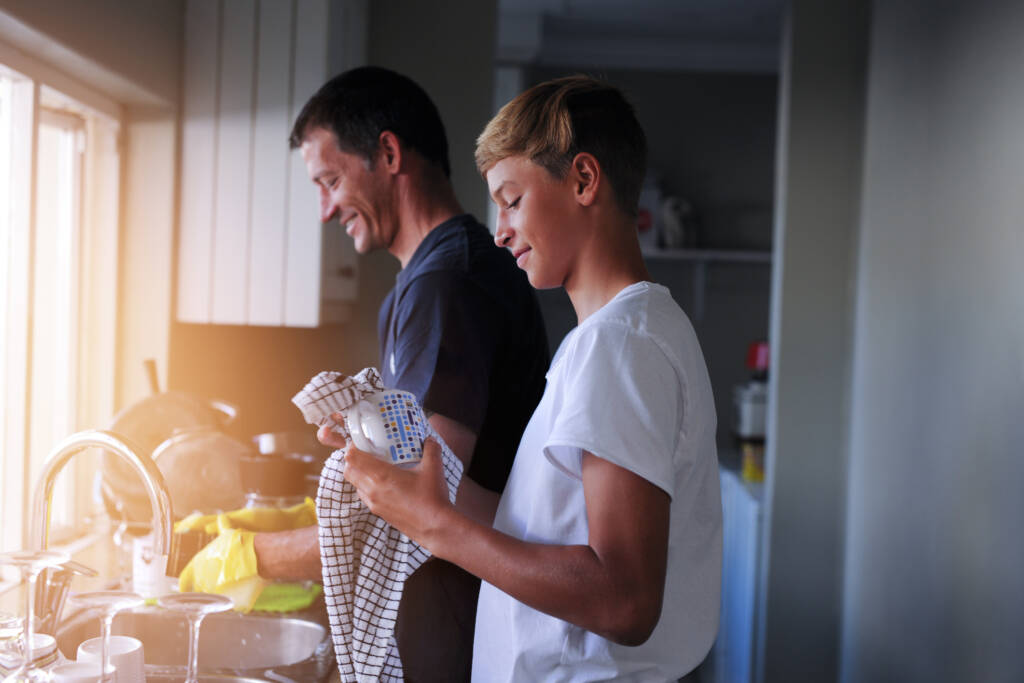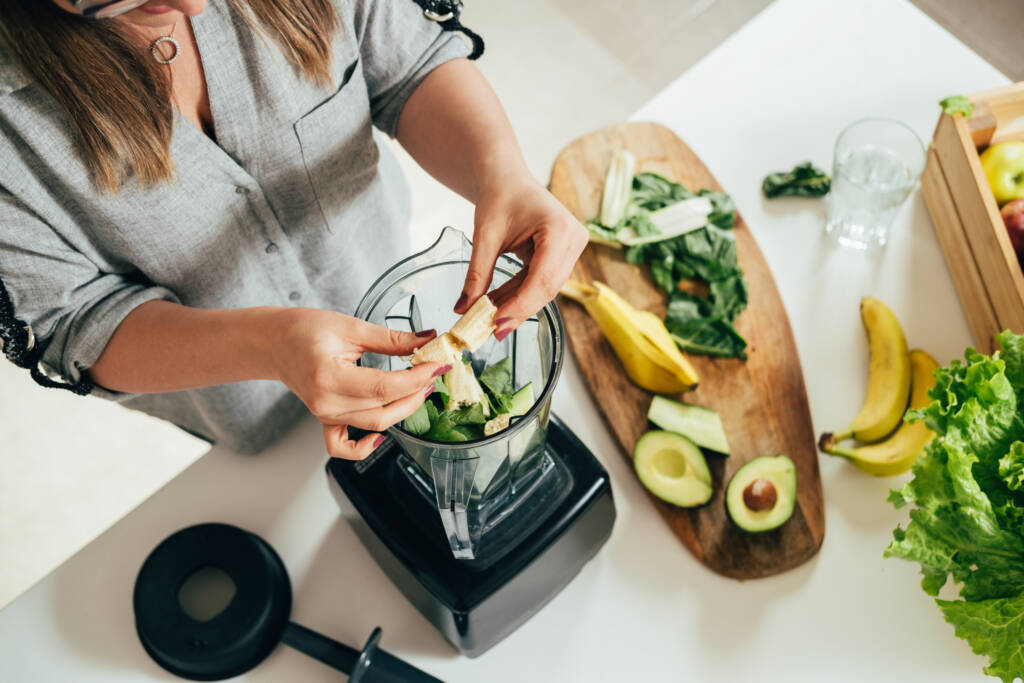
Life Management Skills (Health)

This course is all about you and the important decisions you make. It’s also about having the correct information before making those decisions. We’ll deal with real issues like nutrition, substance abuse, coping with stress, and what to do about sex.
How can you manage to juggle it all?! Learn how to prepare and deal with real issues that impact your everyday life, such as mental health, nutrition, disease prevention, substance abuse, personal health, and safety. This course provides you with the facts that you will need to make informed decisions that are necessary to lead a healthy lifestyle and improve your quality of life.
Major Topics and Concepts
Digital Life
Stress and Anxiety
Mental and Emotional Health
Time Management
Decision Making & Goal Setting
Making the Healthy Choice
Growing Pains
The More You Know
Be On the Lookout
Minimizing Your Risk
It’s Good to Have a Plan
Planning for Education
Navigating Healthcare
First Aid, CPR, and AED
Community Programs and Facilities
Eating Habits
Meal Planning
Weight Management
Food Access
Diets
Tolerance and Diversity
Healthy Relationships
Substance Use and Abuse
The Opioid Epidemic
Don’t Hold Your Breath
On the Road
Competencies
Managing Physical and Mental Health
Students will demonstrate an understanding of managing physical and mental health by explaining the impact of healthy habits on overall wellness, explaining the body and mind connection and describing strategies for meeting health goals.
Avoiding and Minimizing Risky Behaviors
Students will demonstrate an understanding of avoiding and minimizing risky behaviors by summarizing factors that influence behavior, explaining the access of information and services to enhance health, and describing disease prevention.
Family and Community Health
Students will demonstrate an understanding of family and community health by describing the use of interpersonal communication skills to enhance health, explaining the elements of health care plans, and explaining advocacy for family and community health to avoid health risks.
Healthy Eating
Students will demonstrate an understanding of healthy eating by explaining the benefits of healthy eating habits, explaining tools for eating healthy, and summarizing strategies for healthy food choices.
Creating and Maintaining Healthy Relationships
Students will demonstrate an understanding of creating and maintaining healthy relationships by explaining the importance of treatment of others with dignity and respect, explaining the avoidance of substance abuse, and summarizing the daily practices of health-enhancing behaviors.
Projects allow students to demonstrate competence and understanding of concepts and skills by completing a career-related task. For example, the assignment might be to create a mural, a package design, a speech, a film review, or a movie set – you name it! These creative projects are about applying your learning acquired through in-depth research to real-world career tasks.
Each competency will be addressed through a project that is based on a real-life career task. Here are the careers you will explore: Wellness Coach, Health Education Specialist, Community Health Worker, Nutritionist, and Police Officer.
Projects
Competencies
Managing Physical and Mental Health
Students will demonstrate an understanding of managing physical and mental health by explaining the impact of healthy habits on overall wellness, explaining the body and mind connection and describing strategies for meeting health goals.
Avoiding and Minimizing Risky Behaviors
Students will demonstrate an understanding of avoiding and minimizing risky behaviors by summarizing factors that influence behavior, explaining the access of information and services to enhance health, and describing disease prevention.
Family and Community Health
Students will demonstrate an understanding of family and community health by describing the use of interpersonal communication skills to enhance health, explaining the elements of health care plans, and explaining advocacy for family and community health to avoid health risks.
Healthy Eating
Students will demonstrate an understanding of healthy eating by explaining the benefits of healthy eating habits, explaining tools for eating healthy, and summarizing strategies for healthy food choices.
Creating and Maintaining Healthy Relationships
Students will demonstrate an understanding of creating and maintaining healthy relationships by explaining the importance of treatment of others with dignity and respect, explaining the avoidance of substance abuse, and summarizing the daily practices of health-enhancing behaviors.
Experiences allow you to explore a career field you’re curious about while mastering competencies for school credit. Through career-focused experiential learning, you will develop and learn skills for application to tasks typically completed as part of a career rather than using traditional assessments like essays or tests. During your Experience, you’ll work with a professional in the field to support your learning whom we call an “outside expert.” You’ll earn a badge for your accomplishments to share on social media and higher education platforms, or with colleges, potential employers, peers, and colleagues to display your qualifications.
Here’s how experiences work:
- Each competency you work on is addressed through a separate deliverable predetermined by you and your instructor.
- Guided learning for each module consists of research and/or work with a professional in the field. Your instructor will coach you through this process.
- Each module culminates in a final demonstration of understanding, which includes a deliverable and a discussion-based assessment with your instructor.
Here’s an example:
Let’s say you’re curious about a career in healthcare. You decide you’d like to learn about this career area, make a professional connection, earn a badge, and meet competencies for your 9th-grade English requirement. While enrolled in English 1 Experiences, you conduct research to better understand language and structure in writing. Then you may work with an Occupational Therapist to help apply your writing skills to create an informational video about adaptive equipment for patients. The video aims to advise family members of patients regarding the use of accommodations and equipment to help patients perform daily tasks. Now you’ve earned the Language and Structure in Writing competency! This is just one example of the many ways Experiences can bridge competencies to careers.
Obtaining an Outside Expert: Prior to enrollment, please have an idea for an outside expert in mind or consult with our counseling department by emailing [email protected] for help in identifying one.
*A parent/guardian permission form and background check of the outside expert are both required to work with outside experts without parental supervision.
Competencies
Managing Physical and Mental Health
Students will demonstrate an understanding of managing physical and mental health by explaining the impact of healthy habits on overall wellness, explaining the body and mind connection and describing strategies for meeting health goals.
Avoiding and Minimizing Risky Behaviors
Students will demonstrate an understanding of avoiding and minimizing risky behaviors by summarizing factors that influence behavior, explaining the access of information and services to enhance health, and describing disease prevention.
Family and Community Health
Students will demonstrate an understanding of family and community health by describing the use of interpersonal communication skills to enhance health, explaining the elements of health care plans, and explaining advocacy for family and community health to avoid health risks.
Healthy Eating
Students will demonstrate an understanding of healthy eating by explaining the benefits of healthy eating habits, explaining tools for eating healthy, and summarizing strategies for healthy food choices.
Creating and Maintaining Healthy Relationships
Students will demonstrate an understanding of creating and maintaining healthy relationships by explaining the importance of treatment of others with dignity and respect, explaining the avoidance of substance abuse, and summarizing the daily practices of health-enhancing behaviors.

